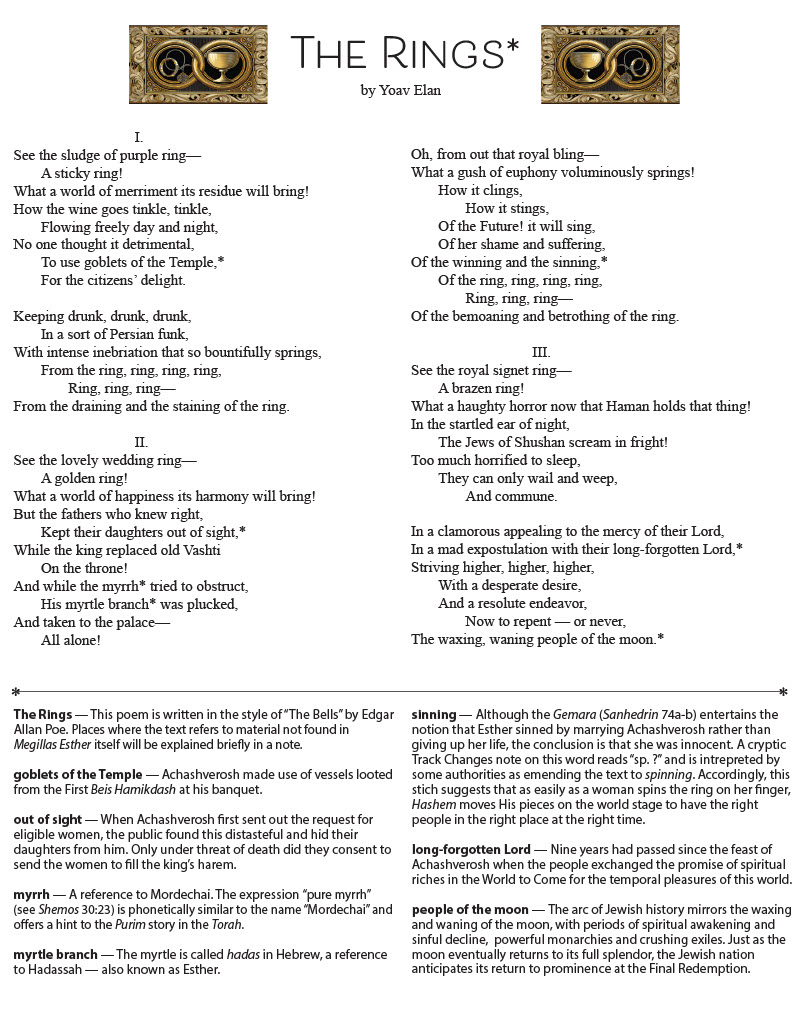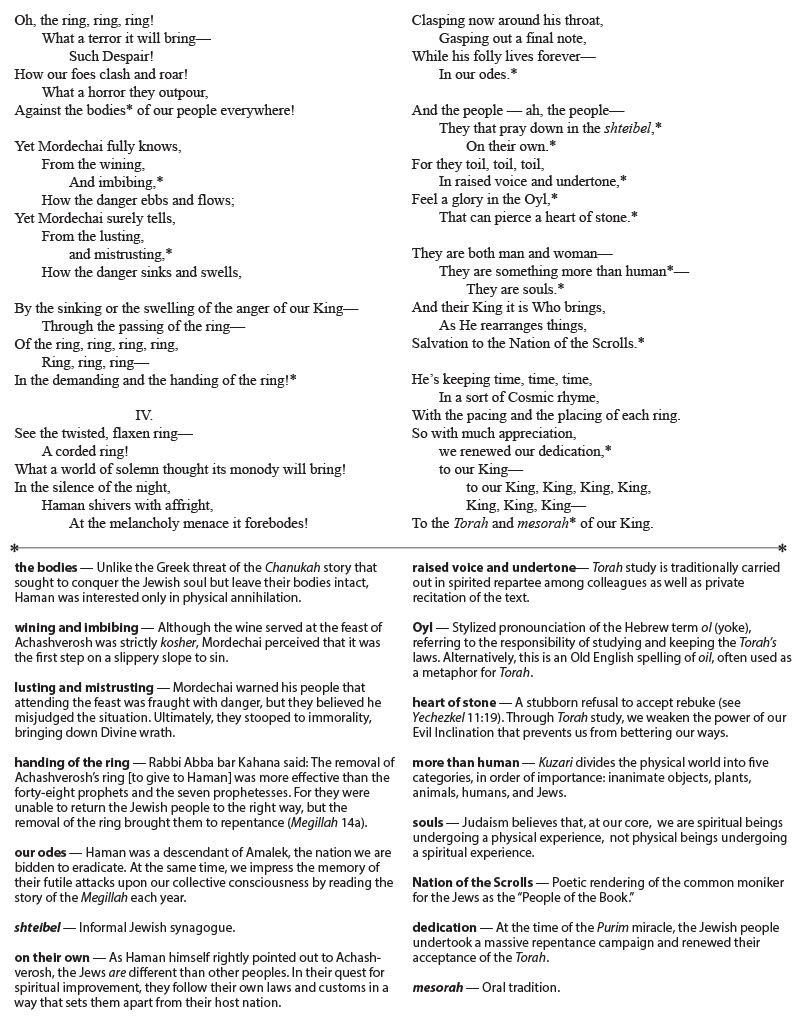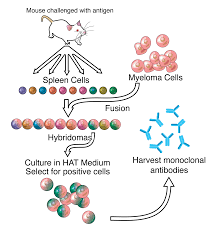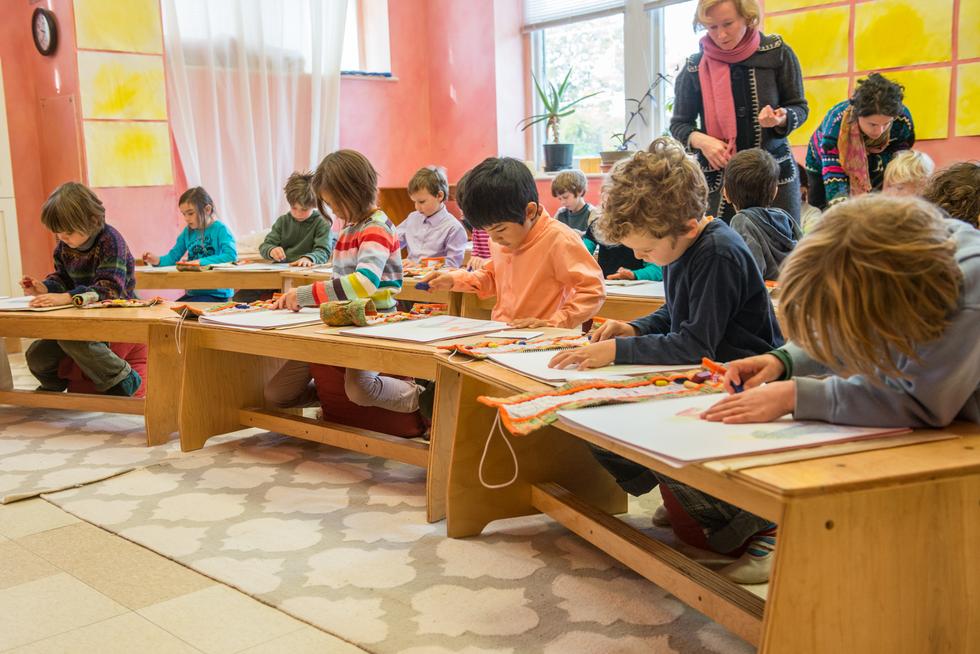A Grandparent’s Observations from a Galaxy Far, Far Away
I remember way back when I was in second grade (trust me, it was way back!), and I came home one day rather upset. My dad was sitting in his favorite chair concentrating on his newspaper. He saw me standing there and said, “Do you need something?”
I said, “Yes, a kid in my class beat me up today!”
My dad looked at me and said, “Well, as I see it, you’ve got two choices: Learn to fight or learn to run.”
Yep! That was the sum and total of our conversation. Can anyone imagine such a conversation taking place today? These days, many parents reflexively intervene to defend their kids “rights” and demand answers from teachers, school administrators, and sometimes lawyers to look after their “fragile” kids – that is, their kids whom they themselves have made fragile.


















